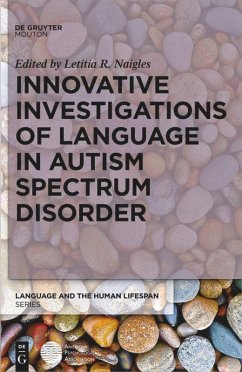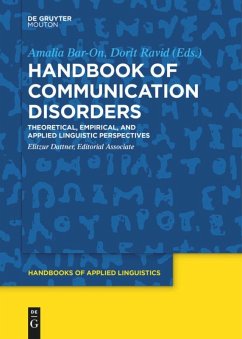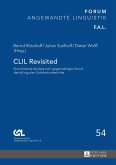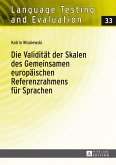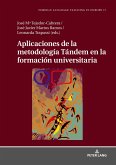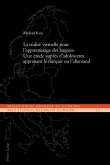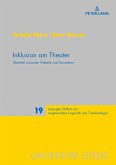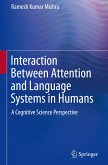In recent decades, a growing number of children have been diagnosed with autism spectrum disorder (ASD), a condition characterized by, among other features, social interaction deficits and language impairment. Yet the precise nature of the disorder's impact on language development is not well understood, in part because of the language variability among children across the autism spectrum. The contributors to this volume - experts in fields ranging from communication disorders to developmental and clinical psychology to linguistics - use innovative techniques to address two broad questions: Is the variability of language development and use in children with ASD a function of the language, such that some linguistic domains are more vulnerable to ASD than others? Or is the variability a function of the individual, such that some characteristics predispose those with ASD to have varying levels of difficulty with language development and use? Contributors investigate these questions across linguistic levels, from lexical semantics and single-clause syntax, to computationally complex phonology and the syntax-pragmatics interface. Authors address both spoken and written domains within the wider context of language acquisition. This timely and broadly accessible volume will be of interest to a broad range of specialists, including linguists, psychologists, sociologists, behavioral neurologists, and cognitive neuroscientists.
Bitte wählen Sie Ihr Anliegen aus.
Rechnungen
Retourenschein anfordern
Bestellstatus
Storno

